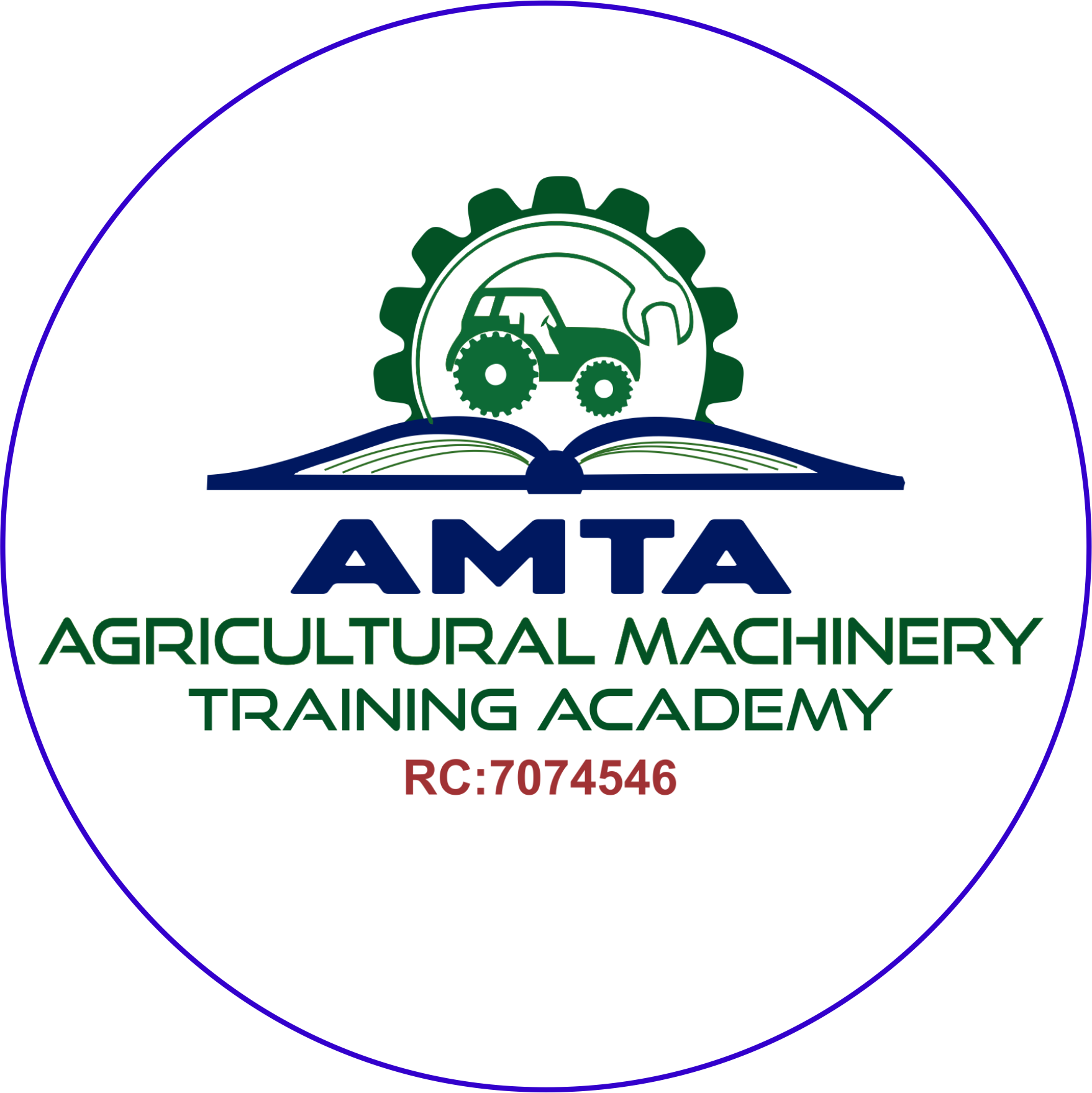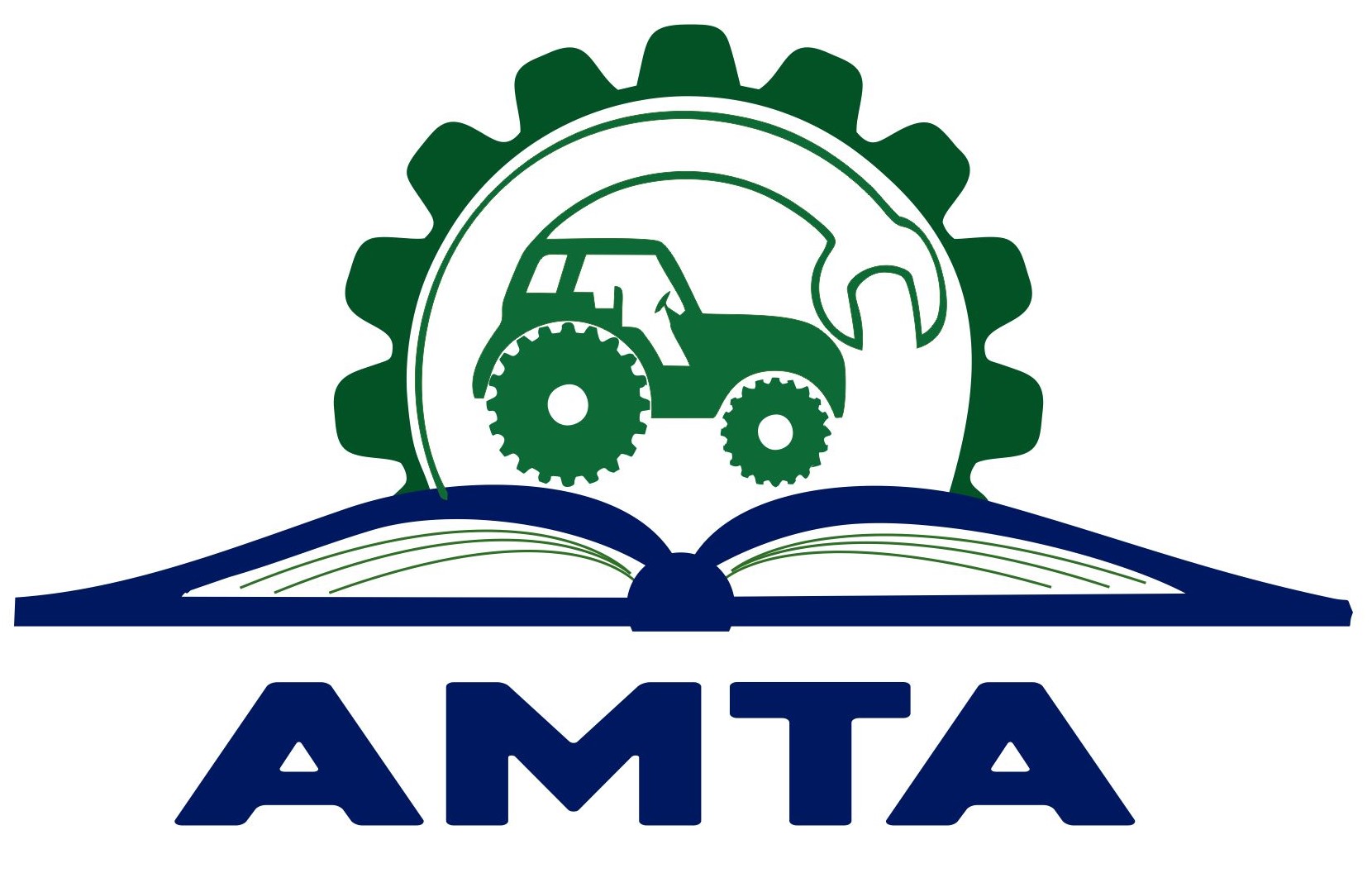SEC Proposes Broad Expansion of Regulation ATS, Regulation SCI, and Exchange Definition
It is different from a traditional stock market because it is regulated by a broker-dealer instead of an exchange. This type of trading venue must first be approved by the SEC before it begins making transactions. An ATS is particularly useful for those who are conducting large quantities of trading, such as investors and professional traders, since the skewing of the market price can be avoided as with regular stock exchanges. It is because trading conducted on ATS is not publicly available and does not appear on national exchange order books.
A wide range of securities can be traded on an ATS, from traditional stocks to tokenized assets and exotic financial instruments. ATS platforms are required to adhere to Regulation ATS, which sets out rules for order display and execution, among other things. They must also keep records and file quarterly reports to maintain transparency. ATS platforms offer greater flexibility and can be a useful part of a diversified trading strategy. They often have lower fees and can execute orders more quickly than traditional exchanges. ECNs are a type of ATS that automatically match buy and sell orders at specified prices.
To the extent the Proposal is adopted by the SEC, many systems that support trading in all types of securities using nonfirm trading interest would have to comply with Regulation ATS, including becoming a registered broker-dealer. Treasury securities would also become subject to Reg ATS and the heightened disclosure obligations under Form ATS-N. Additionally, current NMS Stock ATSs must comply with the additional disclosure obligations based on the changes to Form ATS-N.
For example, an institutional investor (such as The Goldman Sachs Group, Inc. or JPMorgan Chase & Co.) might use an ATS to find another institutional investor who wants to buy a million shares of Microsoft (MSFT) stock. The function of an ATS is to match buyers with sellers, generally for large blocks of assets. “Alternative trading system (ATS)” is the terminology used in the U.S. and Canada. Gain unlimited access to more than 250 productivity Templates, CFI’s full course catalog and accredited Certification Programs, hundreds of resources, expert reviews and support, the chance to work with real-world finance and research tools, and more. Registered representatives can fulfill Continuing Education requirements, view their industry CRD record and perform other compliance tasks. FINRA Data provides non-commercial use of data, specifically the ability to save data views and create and manage a Bond Watchlist.
Thus, traders from different geographical areas of the world can conduct trades easily. The main advantages of using an ATS include lower fees and faster order execution. The disadvantages include less transparency and potential for market manipulation. In the U.S., the primary regulators for ATS platforms are the SEC and FINRA. They ensure these platforms comply with federal laws and regulations to protect investors. It’s a powerful trading platform that integrates with most major brokers.
In doing so, the clients of these institutional investors (for example, mutual funds and pension funds, where the bulk of small investors have their money invested) are direct beneficiaries of the lower costs enjoyed by institutions. Individual investors have an opportunity to interact with multiple ATSs by sending their orders to broker-dealers who typically have arrangements with many ATSs. FINRA’s Office of General Counsel (OGC) staff provides broker-dealers, attorneys, registered representatives, investors, and other interested parties with interpretative guidance relating to FINRA’s rules.
- While ATS platforms offer unique advantages, it’s crucial to understand other market dynamics like short interest.
- The reader bears responsibility for his/her own investment research and decisions, should seek the advice of a qualified securities professional before making any investment, and investigate and fully understand any and all risks before investing.
- This is another curious decision, based on the difficulties the agency had in clearing the original slog of ATS-N filings submitted in 2019, for which the SEC extended its own review period by 120 for some filers.
- ATS platforms facilitate trades by connecting buyers and sellers, often for specific types of securities.
- The future of ATS is expected to be influenced by technological advancements, such as blockchain and cryptocurrency integration.
- No information herein is intended as securities brokerage, investment, tax, accounting or legal advice, as an offer or solicitation of an offer to sell or buy, or as an endorsement, recommendation or sponsorship of any company, security or fund.
Regulation ATS requires stricter record keeping and demands more intensive reporting on issues such as transparency once the system reaches more than 5% of the trading volume for any given security. Some examples of ATS include electronic communication networks, dark pools, crossing networks, and call markets. This is for informational purposes only as StocksToTrade is not registered as a securities broker-dealer or an investment adviser. No information herein is intended as securities brokerage, investment, tax, accounting or legal advice, as an offer or solicitation of an offer to sell or buy, or as an endorsement, recommendation or sponsorship of any company, security or fund. While we’re discussing the versatility of ATS platforms across various sectors, let’s not forget the importance of understanding different types of stocks. Low-float stocks, for instance, can offer unique trading opportunities but come with their own set of challenges.
An ATS must file the Securities and Exchange Commission (SEC) Form ATS-R within 30 days of the end of each calendar quarter. Every alternative trading system subject to this Regulation ATS, pursuant to paragraph (a) of this section, shall comply with the requirements in this paragraph (b). Adam Hayes, Ph.D., CFA, is a financial writer with 15+ years Wall Street experience as a derivatives trader. Besides his extensive derivative trading expertise, Adam is an expert in economics and behavioral finance. Adam received his master’s in economics from The New School for Social Research and his Ph.D. from the University of Wisconsin-Madison in sociology. He is a CFA charterholder as well as holding FINRA Series 7, 55 & 63 licenses.
In contrast to call markets are auction markets, which conduct trades as soon as a buyer and a seller are found who agree upon a specified price for the security. In ATS trading, bids are offers to buy a particular asset at a specified price. Unlike traditional trading systems, the names and lists of participating parties are often not publicly disclosed to maintain anonymity.
In order to be in compliance with SEC Regulation ATS, an alternative trading system must file an SEC Form ATS-R. SEC Form ATS-R reports the quarterly activities of an alternative trading system’s quarterly activities—both the unit volume and dollar volume of trades in every type of security it handles. Often, the accounts in which the trades are conducted can be anonymous, which is highly advantageous for traders. It should be noted that dark pools and crossing networks are legal, although they’ve undergone scrutiny by the financial press and news outlets in recent years. Similar to dark pools, crossing networks allow trades to happen outside of the public eye. Since the details of the trade are not relayed through public channels, the security price is not affected and does not appear on order books.
Alternative trading systems make money by charging fees and commissions for transactions. The more trades a trader makes, the more cost to them and more sales revenue for the ATS. All Alternative Trading Systems need to obtain the approval of the U.S. Securities and Exchange Commission (SEC), the federal agency responsible for facilitating the operations of the securities market to protect investors and ensure the fairness of transactions.
They’re popular among traders looking for quick transactions and are often used for trading stocks and currencies. Moreover, ATS can also provide additional liquidity to the market, allowing for potentially smoother transaction processes and reducing price volatility. ATS usually operate with lower overheads than traditional exchanges, largely due to their technology-driven operations. These cost savings are often passed onto participants in the form of lower transaction fees.
However, they also come with their share of criticisms, mainly centered around transparency and market manipulation. The lack of public notices and the exemption from some traditional exchange regulations can be a double-edged sword. It’s essential to weigh these issues carefully, and resources like FAQs and support courses Atlas Dex Price At Present can offer additional help and information. For any ATSs operated by a common broker-dealer or broker-dealer affiliates, this will increase the likelihood of needing to comply with the fair access rule. ATS provides a venue for trading securities that may not have sufficient liquidity on traditional exchanges.
While ATS-N filings are made via EDGAR today, this is a curious perpetuation of use of what is objectively viewed as an antiquated, clunky, and difficult-to-navigate system. Finance Strategists is a leading financial education organization that connects people with financial professionals, priding itself on providing accurate and reliable financial information to millions of readers each year. Our team of reviewers are established professionals with decades of experience in areas of personal finance and hold many advanced degrees and certifications.


